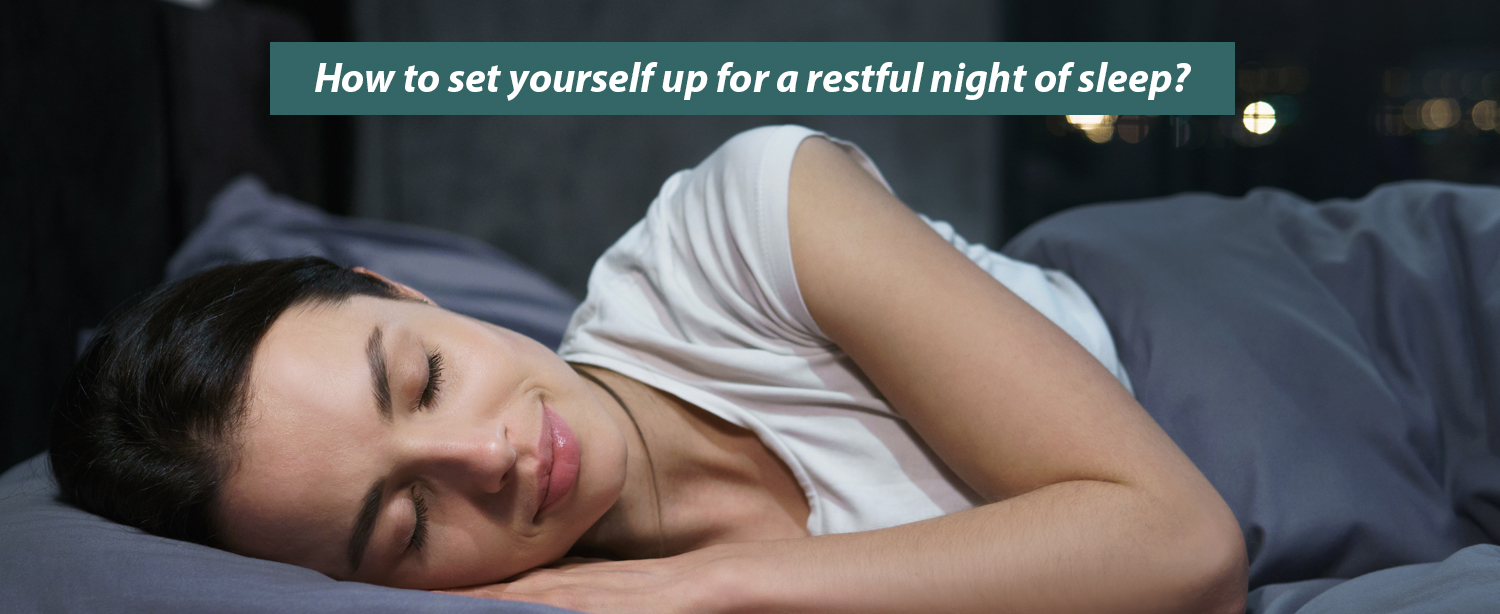Tossing and turning around, constantly worried and anxious, thinking about the next day, unable to settle into deep sleep, does this sound like you? Do you often feel fatigued and drowsy even after a night of sleep? More and more young Indians are suffering from a quiet epidemic of sleeplessness. A study conducted in 2019, suggests that India is the second-most sleep-deprived nation after Japan. High stress levels, unhealthy diets, alcohol intake, excessive screen use, work commitments, social events, etc are all disrupting the natural circadian rhythm allowing little time to wind down and relax with restful sleep. This is taking an invisible but massive toll on people’s physical, cognitive and emotional health as per Dr. Annu Aggarwal – Consultant, Neurology, Specialist Cognitive and Behavioural Neurology at Kokilaben Dhirubhai Ambani Hospital, Mumbai.
The Importance of Sleep
Sleep, one of our most fundamental physiological processes, often gets sidelined in the hustle and bustle of modern life. Getting enough sound sleep is incredibly important for your overall health. However, as people are getting busier and more stressed, it can be difficult to switch off and get a good night’s rest. Sleep is not just ‘downtime’ when the brain shuts off. It’s an active period during which vital processing, restoration, and strengthening occur. Lack of adequate sleep can lead to a host of health problems, from impaired memory and mood disorders to heightened risk of chronic conditions like heart disease and diabetes
How to Improve your Sleep routine
Most people should aim for 7 to 9 hours of sleep each night and children require even more hours. Here are some helpful tips to help sleep better:
- Develop a routine
One of the most effective ways to ensure a good night’s sleep is to develop a routine. Going to bed and waking up at the same time each day will help your body adjust to a regular sleep/wake cycle. This will help you fall asleep more quickly and wake up feeling more refreshed. It’s also important to wind down in the hours leading up to bedtime. Dim the lights, and engage in calming activities such as reading or taking a bath. - Limit exposure to screens
Blue light emitted by various screens can disrupt the melatonin production, making it harder to fall asleep. Avoid use of any screens at least 1 hour before bedtime. - Create the right environment
Creating the right environment for sleep is very essential. You must ensure that your bedroom is cool, dark, and quiet. Invest in a good quality mattress and pillows to ensure you’re as comfortable as possible. Blackout curtains or an eye mask can help block out unwanted light, while earplugs can help reduce noise. - Eat and drink wisely
Your dietary habits have a huge impact on your sleep quality. Avoid heavy meals close to bedtime, as they can make it more difficult to fall asleep. Similarly, caffeine and alcohol should be avoided in the hours leading up to bedtime. Instead, try to stick to non-caffeinated herbal teas or warm milk. - Exercise regularly
Regular exercise is another key factor in promoting restful sleep. However, it’s important to avoid rigorous exercise too close to bedtime, as it can be stimulating. Aim to finish your workout at least 3 hours before bedtime for best results. - Minimize stress
Finally, it’s important to minimize stress as much as possible in the hours leading up to bedtime. This may be easier said than done, but there are lots of relaxation techniques that can help. Meditation, deep breathing, and progressive muscle relaxation are all effective ways to calm your mind and prepare for sleep.
Getting enough sleep is crucial for your health and wellbeing. By developing a routine, creating the right environment, eating and drinking wisely, exercising regularly, and minimizing stress, you can set yourself up for a restful night of sleep. Monitoring your sleep progress can be motivating. Use a sleep diary or a tracking device to observe patterns and make necessary adjustments. Noticing improvements in your sleep quality can encourage you to maintain your new habits. Good sleep hygiene can profoundly impact your quality of life..Sweet dreams!


